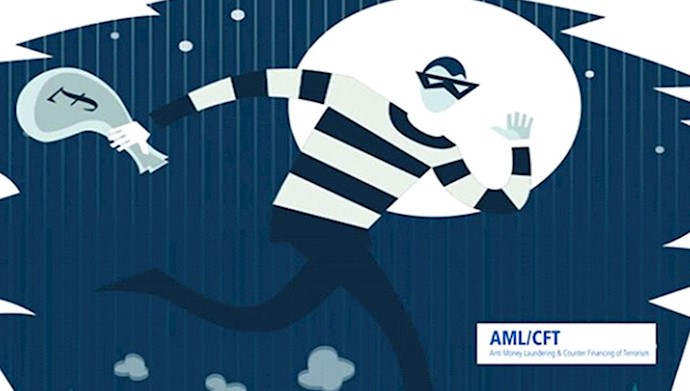Analysis by PMOI / MEK
Dec. 10, 2018 – In his recent visit to Semnan province, Iranian regime president Hassan Rouhani made a few speeches and, while insisting on how well the country is doing, summarized the situation the Iranian theocracy is facing: “We have no more than two options: Either concede to the U.S. and accept their incorrect claim so that the sanctions are lifted or we have to stand [firm] and resist.” He then went on to elaborate which option he thinks is best.
State-run Channel One (Kanal-e Yek) TV station broadcasted parts of Rouhani’s speech in Semnan on December 4: “The president started his speech with the current situation in the country and the steadfastness of the nation and said that today is the time for the historical trial of the Iranian people.”
“Our great nation will not let the enemy smile,” Rouhani said in his speech.
“The president described the enemy’s plan for sanctioning Iran as defeated and reiterated that ‘Iran has never and will never bow down to the U.S.,’” Channel One reported.
In his speech in Semnan city’s university, Rouhani outrageously claimed that in the five years of his presidency, the average income of employees has increased fivefold. Meanwhile, he lay the blame of economic difficulties on the war with the U.S.
“In our society, the classes that are under pressure today, their income has increased fivefold over the last five years. However, I don’t want to say that our situation today is a good situation. If we claim that we must stand against the U.S., then we must stand. In war there are blows and strikes, war has injuries,” Rouhani said.
While Rouhani tried to argue for the need to stand against the U.S. and blame the economic difficulties on the natural consequences of such conflicts, in another speech, he also showed the path for escape: “We can’t allow the creation of useless controversies around the FATF bills. We need to pass the four bills. We need to combat money laundering and the solution is transparency.”
Asking whether they want to cooperate with global banks or not, Rouhani said: “Currently and with all the U.S. pressure, there are tens of banks in the world from friendly countries with which we cooperate, and they’ve told us that if we aren’t members of the FATF, they won’t be able to cooperate with us.”
In yet another speech in Semnan, Rouhani insisted on the necessity to pass the FATF bills and said: “FATF, whether good or bad, is the foundation and necessary for financial transactions with world banks and the chiefs of the branches [of government] have unanimously approved the four bills regarding money laundering. The solution is transparency.”
While Rouhani is advocating for the so-called four Palermo bills as best as he can, Khamenei’s Keyhan newspaper published an article three days ago titled “Approving CFT is a coup de grace for national security” and wrote: “The government is resorting to every excuse for approving CFT. One day ‘European banks lack cooperation with Iran’ was the major reason for approving CFT, another day combatting money laundering is the excuse for approving CFT in the parliament, and after the U.S. left the JCPOA, Europe’s Special Purpose Vehicle (SPV) became the excuse for approving CFT.”
“Europe has conditioned its presence in the JCPOA to the [Iranian] parliament’s approval of the FATF bills. This means that instead of Iran receiving something from Europe in compensation for ‘the U.S. leaving the JCPOA’, Europe wants to take something from Iran in compensation for ‘its remaining in the JCPOA’ and this compensation is nothing less than FATF and the approval of CFT. This shows the passive and very weak diplomacy of the administration towards Europe.”
This whole theater begs the question: While insisting on approving the FATF bills, why does Rouhani cry for standing against the U.S. and appeals for steadfastness, despite having cooperated with the U.S. over the past years to the extent that his administration fed the JCPOA’s chalice of poison to the regime?
This doublespeak is the result of the dead-end that the Iranian theocracy finds itself in. A dead-end that has been prepared and created by the Iranian people, the resistance units, and the organized resistance against the ruling mullahs.
Over the last four-and-half years, Rouhani and his minions have tried to lift the country’s ill economy out of its misery by nearing the U.S. on different levels and effectively buying time and rescuing the Iranian theocracy. The Iran deal was the culmination of these efforts.
But with the U.S. abandoning the previous administration’s appeasement policy, this policy is doomed to fail. Now, on the one hand, if the mullahs approve the FATF bills, they must stop financing terrorism which will be another chalice of poison for the theocracy.
And on the other hand, if they continue their support for terrorism and don’t approve the Palermo bills, more isolation and economic pressure await.





